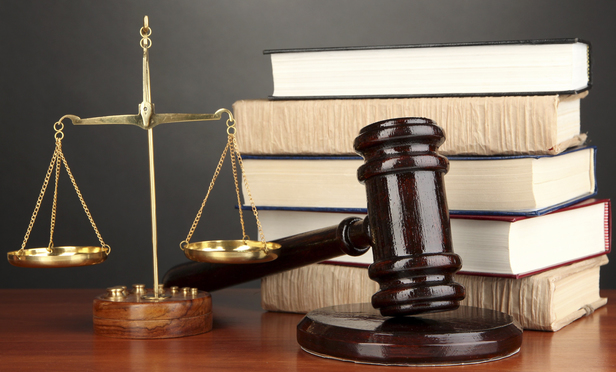On Wednesday, I will have the pleasure of orally arguing two entirely separate appeals before the same three-judge panel of the Superior Court of Pennsylvania. Although arguing two separate appeals on the same day remains a relative rarity for me and perhaps most other attorneys, I have now done this enough times that I can offer the following insights.
At the top of the oral-argument food chain is the U.S. Supreme Court. Being assaulted with especially challenging questions from as many as eight different directions (as Justice Clarence Thomas traditionally does not ask questions at oral argument) from justices who themselves or through their law clerks have mastered the record in a case requires the advocate to have a nearly unlimited knowledge of the facts, procedural posture and relevant law. Perhaps for this reason, the U.S. Supreme Court never schedules the same attorney to argue two unrelated cases on the same day.
This content has been archived. It is available through our partners, LexisNexis® and Bloomberg Law.
To view this content, please continue to their sites.
Not a Lexis Subscriber?
Subscribe Now
Not a Bloomberg Law Subscriber?
Subscribe Now
LexisNexis® and Bloomberg Law are third party online distributors of the broad collection of current and archived versions of ALM's legal news publications. LexisNexis® and Bloomberg Law customers are able to access and use ALM's content, including content from the National Law Journal, The American Lawyer, Legaltech News, The New York Law Journal, and Corporate Counsel, as well as other sources of legal information.
For questions call 1-877-256-2472 or contact us at [email protected]



